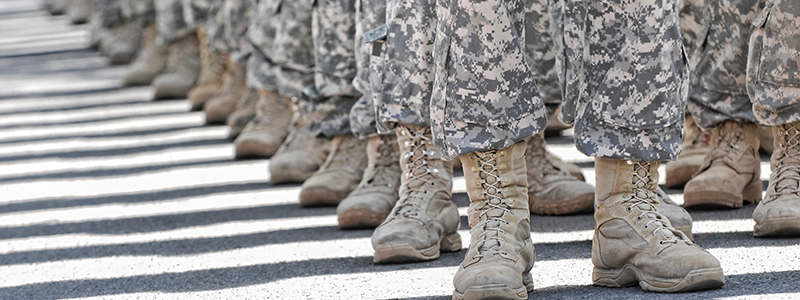
I remember it being my last week in physical therapy school when it became quite clear that student loans were now in sight. I distinctly recall a lecture where the professor made it a point to show our salary when we got out of school and the amount of debt we were going to be in.
Sad to say, it was extremely lopsided, and not in a good way. They said with a proud, but nerve stricken smile, "We hope you like your job since you will be in a lot of debt."
At that moment, I looked for ways to combat this seismic weight that just got put on my shoulders, as I didn't want to be enslaved to debt for the rest of my life.
This is where the military came in. Now, don't stop reading thinking, "I don't have a desire to be in the military." Well, I had this same thought. If you would have asked me before physical therapy school, I would have told you that I would be working with athletes as would 90% of future physical therapist students.
So, I challenge you to buckle up and endure a few paragraphs of why I think you should consider being a physical therapist in the military. Reading this may change your entire career path, or you may have a better understanding of what it means to be a military PT, which I would be happy with either.

